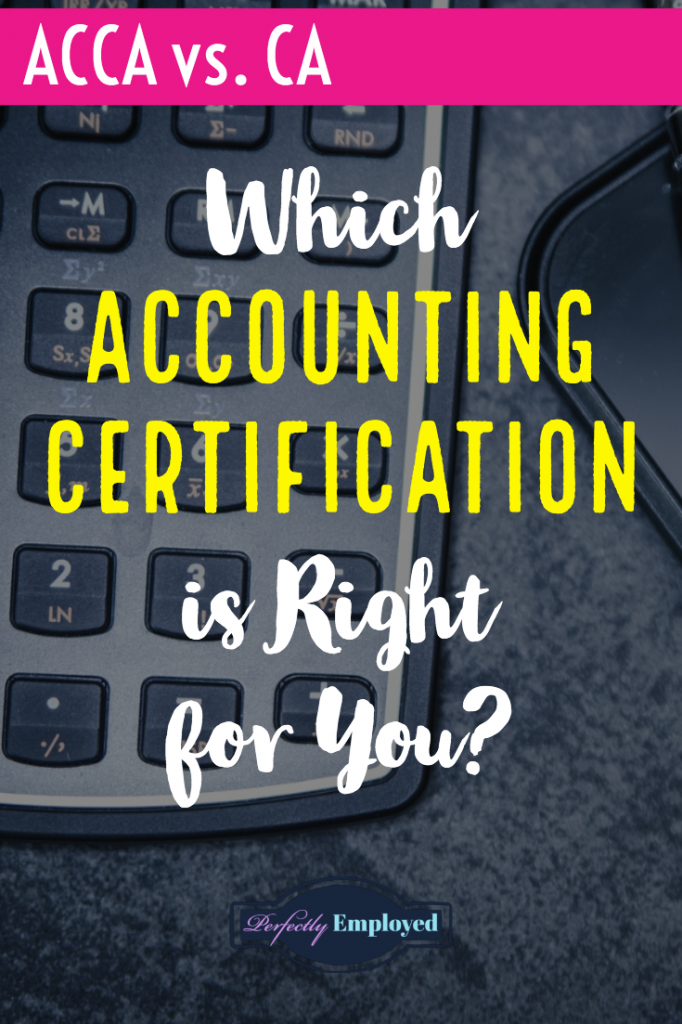
Not everybody likes school. We were thrown into a system without knowing why and then told we had to turn up to classes that we didn’t care about so that we could get largely meaningless grades. But, we did learn a lot of important information that gave us a platform for the rest of our lives. So for that reason, school was probably worth it.
As an adult, heading back into education can seem like a step backwards, but given the correct situation, it can be a genuinely positive move for anyone. Going back to school can elevate you. It can also raise your chances of getting and keeping the job that you fancy. Here are four reasons to consider going back to school:
1. Learning Enables More Learning
For starters, human beings naturally get into routines. We find a particular comfort zone with pretty much everything we do. When we idle too much, we want to carry on doing so. It’s only when we really push ourselves to change that we actually change. Likewise, if we make ourselves more productive and keep our brains active, it pushes us to do more. Success becomes a habit.
This applies to our learning. When we take in information, we become comfortable in doing so and want to continue it–it becomes a habit. You have no trouble in finding motivation. If money is your passion, you can take classes in accounting. You may then get home and look up myob courses online. This kind of behavior will only benefit you going forward.
2. It is Attractive To Employers
Taking yourself away from something that you don’t want to do and following a path that you’re genuinely interested in is an attractive trait. It shows that you’re willing to go after what you want in life. So if you’re hoping to find a job in your chosen field, then going back to school will definitely help.
You are in control of your career. When you take the initiative to educate yourself, employers see you as motivated and confident.
3. Qualifications Do Matter
You often hear stories about how you don’t need the best grades in the world to achieve greatness. While it depends on your career field whether or not your grades really matter, qualifications always make a difference, and you should pursue the right ones for the job you want.
Qualifications are also an intangible superpower that surrounds you. They represent your skills and show how competent you are. They’re more than just a document.
4. Boost Your Own Confidence
When we complete things, we feel a sense of satisfaction at a job well done. That, in turn, builds our confidence. Confidence is a necessary trait to have if you want to do great things in this world, and constantly winning will enable just that.
So, while going back to school may seem like a waste of time, if you are looking to change careers or strengthen your job prospects, going back to school can certainly help you.
Save to Pinterest
















